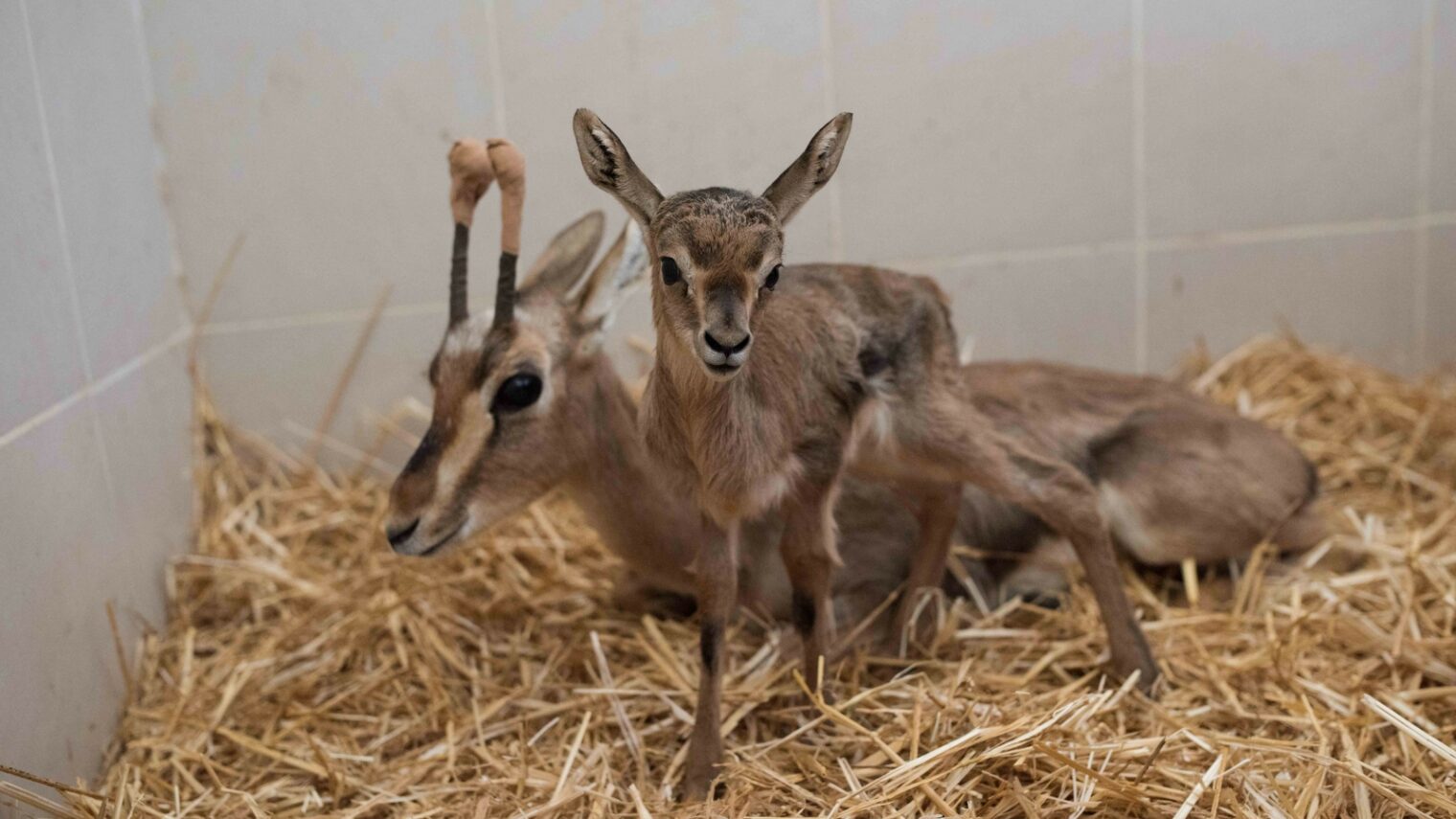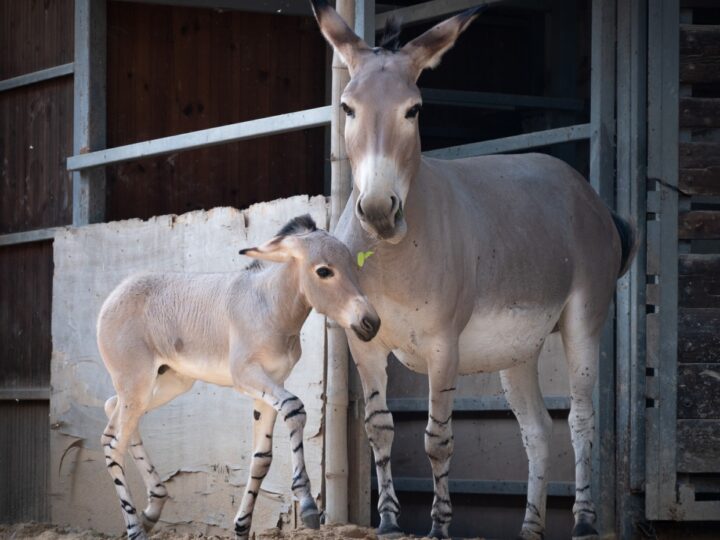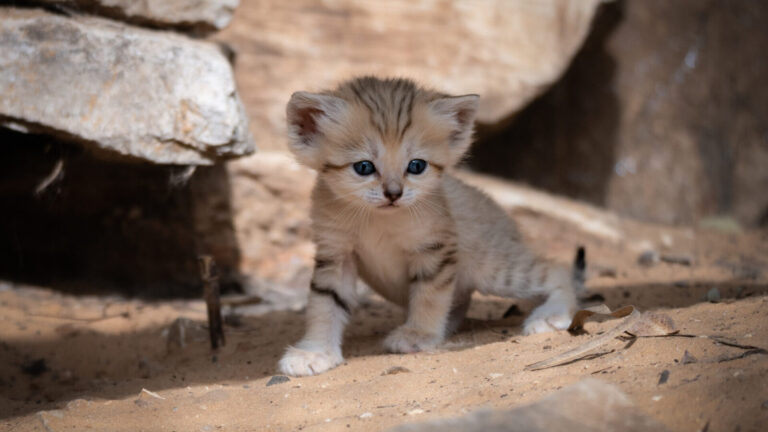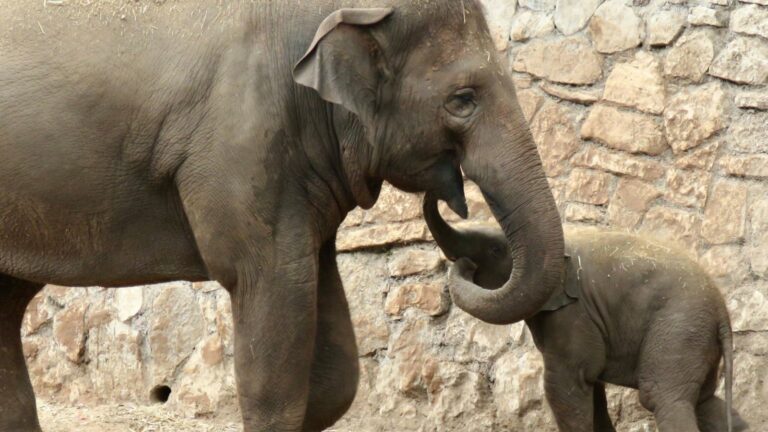On the morning after an unseasonable storm hit Israel with hail, thunder and heavy rain, a queue of cardboard boxes filled with birds of all kinds waited to be admitted to the Israeli Wildlife Hospitalin Ramat Gan. Before 11am, more than 20 animals had arrived.
One veterinarian tended to a barn owl brought in from northern Israel, while another operated on a kestrel falcon with a broken wing. Meanwhile, a staff member jotted down intake notes from a man carrying in a buzzard and a jay.
Located in the Zoological Center Tel Aviv-Ramat Gan (Ramat Gan Safari), Israel’s only wildlife hospital treats more than 4,000 animals annually. During spring bird migration from March to May, thousands of new admissions arrive due to Israel’s unique location in the middle of a migration route between Africa, Asia and Europe.
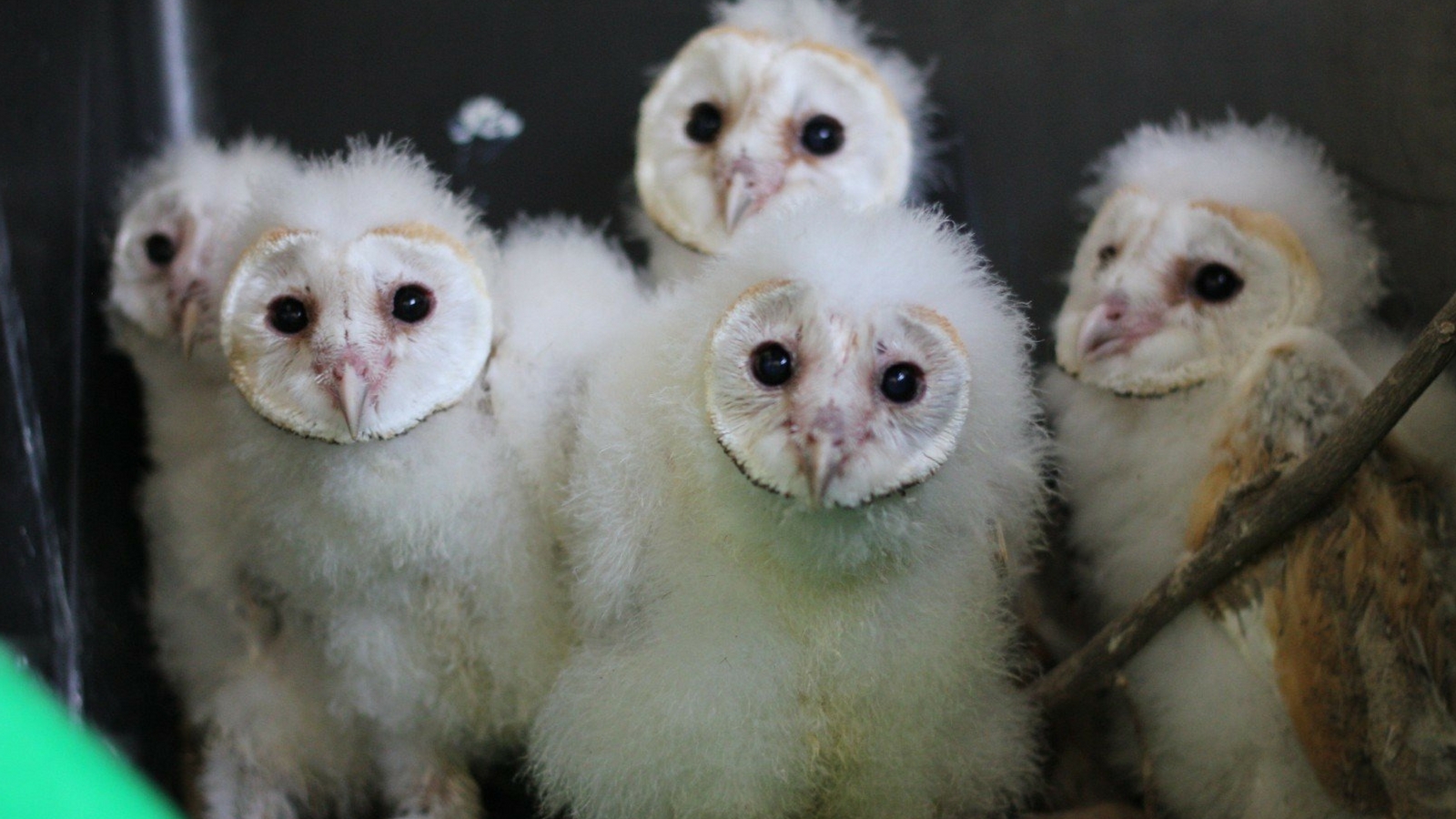
Typically animals are brought in by citizens who find them in the streets or in their yards, but in recent years Head Keeper Roni Elias says that more and more have been coming in via the “Haybulance” (combining the Hebrew word for animal – hayot –and ambulance).
Operated by the Nature and Parks Authority, the vehicle is responsible for transporting injured wild animals all over the country. Thousands of volunteers update and notify about injured animals’ where abouts on Facebook and WhatsApp groups.
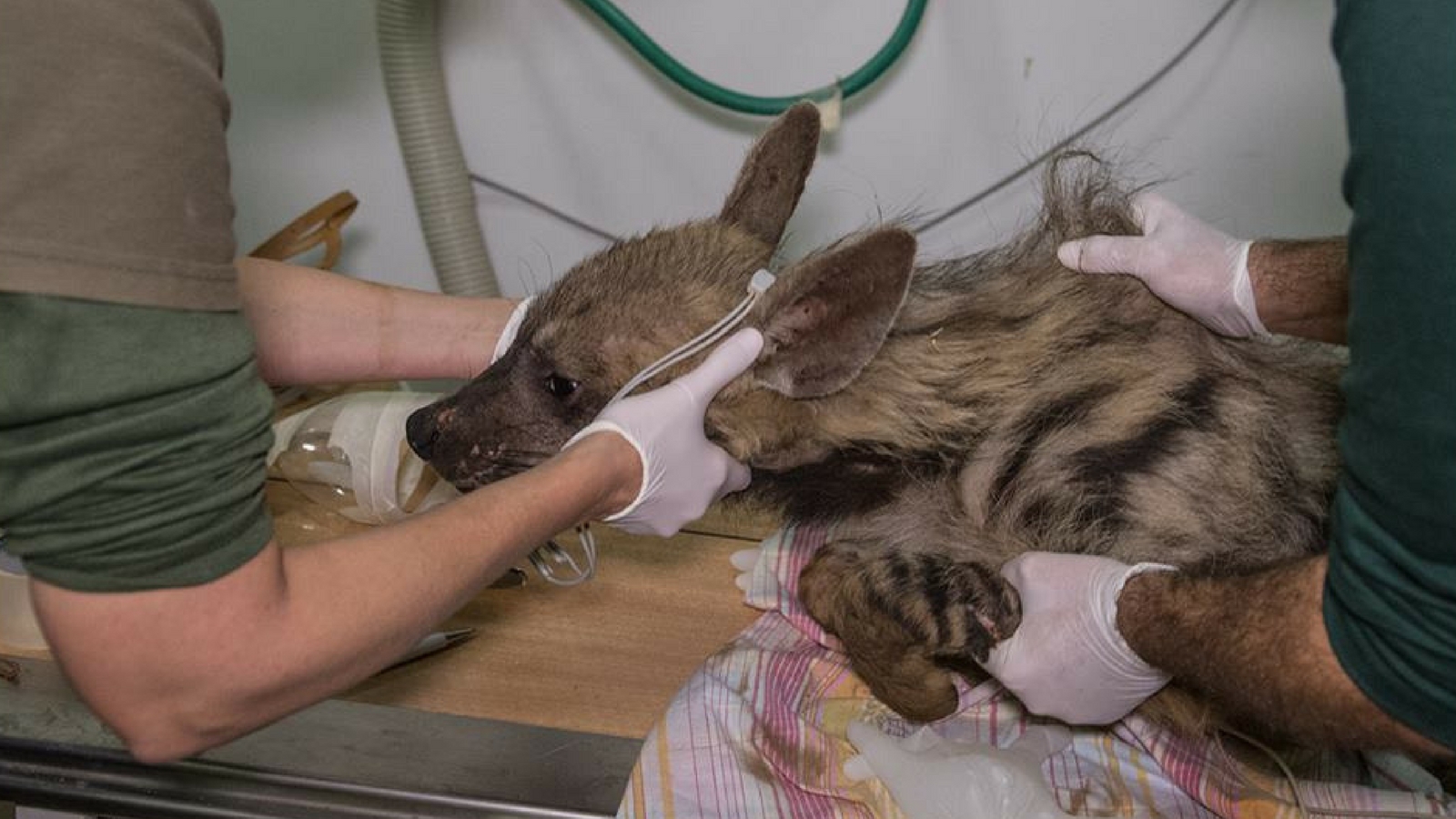
“It’s very helpful because when the animals are brought in fresh from the wild, the success rate is higher. If they are suffering from open fractures and not eating properly, every day that they are not here can change everything about the treatment,” said Elias, who has been working at the hospital more than nine years.
Since the Haybulance started two years ago, the number of animals brought in and the release success have both increased, Elias said.
Into the wild
The small staff aims to reintroduce animals to the wild as soon as possible. The stress of being in captivity can be deadly for many of the animals who, unlike housepets, have lived most of their lives without human contact.
“With wild animals it’s very different; we need to think about their ability to survive in the wild,” said Elias.

The hospital staff and volunteers go to great lengths to reduce stress and keep contact with humans to an absolute minimum. Birds are often wrapped in blankets to avoid making visual contact with veterinarians before and after treatment.
However, for other species it’s not always possible. About a year ago, the hospital received a one-week-old striped hyena orphan found in an Arab village in northern Israel. Elias raised the cub for four months, taking her into her own home. She even gave her a name – Luna.
“We didn’t have any other choice; we had to tame her because she was so small and we didn’t know where her mother was,” Elias said.
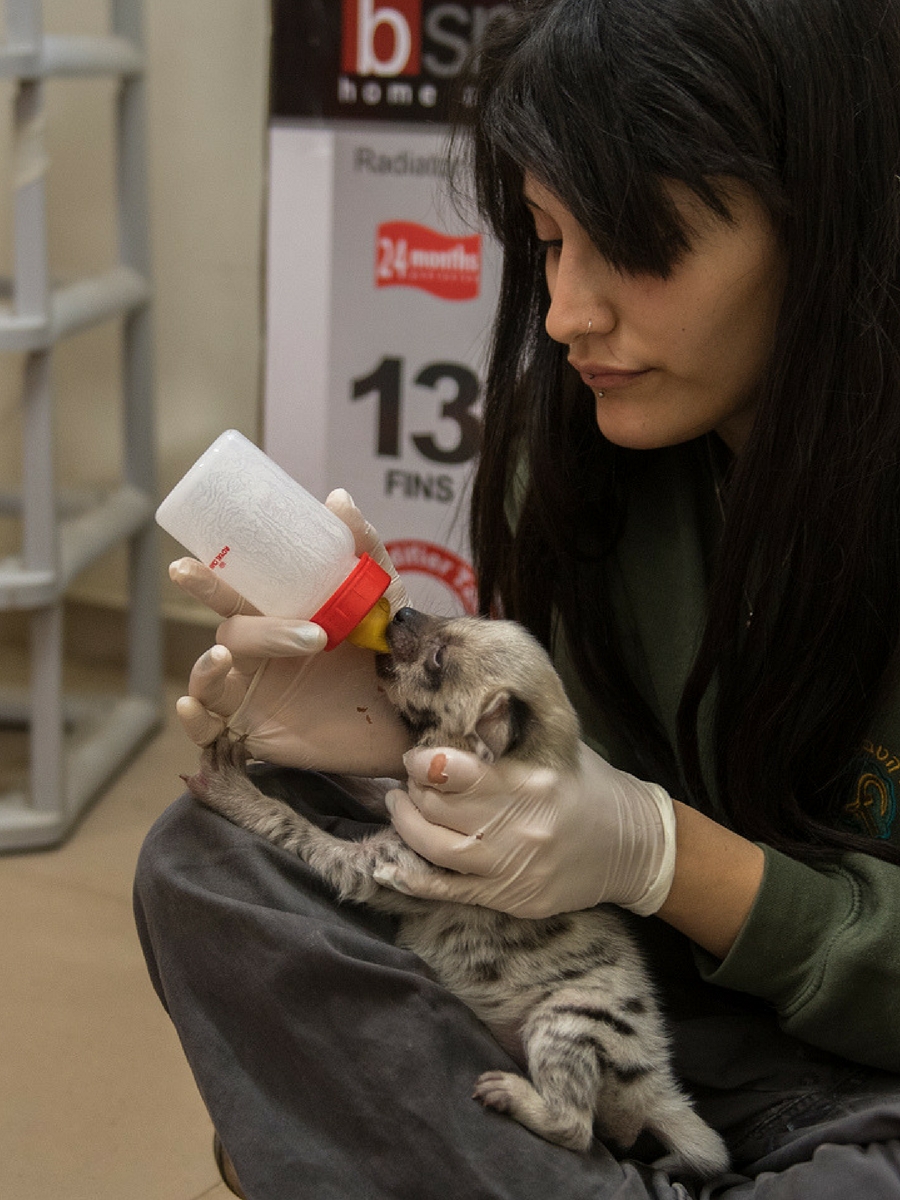
When Luna was big enough to be released, she had become too accustomed to humans. Elias feared she could get too close to cities and villages while looking for food. Instead, the hospital handed her over to the Negev Zoo in Beersheva where Elias has visited her.
“I went inside her cage and she ran to me and hugged me. She knows by the smell that I’m familiar and someone good in her life,” said Elias.
Other animals in a similar situation are sent to conservation programs around Israel whenever possible.
An injured golden eagle that arrived several months ago was sent to the Carmel region in northern Israel, home to several breeding programs for endangered species, after the team wasn’t able to save its wing.
Not your average hospital
The hospital itself is divided into several rooms including an operating room, which has been occupied by an African lion and a bear from the Safari; an intensive care unit where ISRAEL21c saw a gazelle recovering from a car accident; an x-ray imaging room; and a nursery, where hundreds of orphaned nestlings and fledglings are being treated, fed and monitored by volunteers.

“There is such a big variety of animals here and you need to know how to fit the treatment to the right animal and its behavior,” said Elias.
“We don’t have a lot of staff and the number of animals is always increasing. It’s not easy,” she continued. “When we have 400 animals at once in the hospital and all kinds of emergencies, it’s very hard.”

The hospital welcomes volunteers from around the world and young Israelis doing their National Service. Volunteers nurse baby birds and mammals, clean cages, prepare food and assist with other areas of hospitalization.
Elias says regular citizens can help out by alerting the Nature and Park Authority hotline (*3639) when they find a wild animal in need.
“It’s very important for people to know when there are baby animals or cubs in the wild, most of the time the mother is still in the area and she’s looking for food. People tend to think she abandoned the baby but it’s not the case. It’s best to call the hotline and a ranger will come check it out,” advised Elias.




